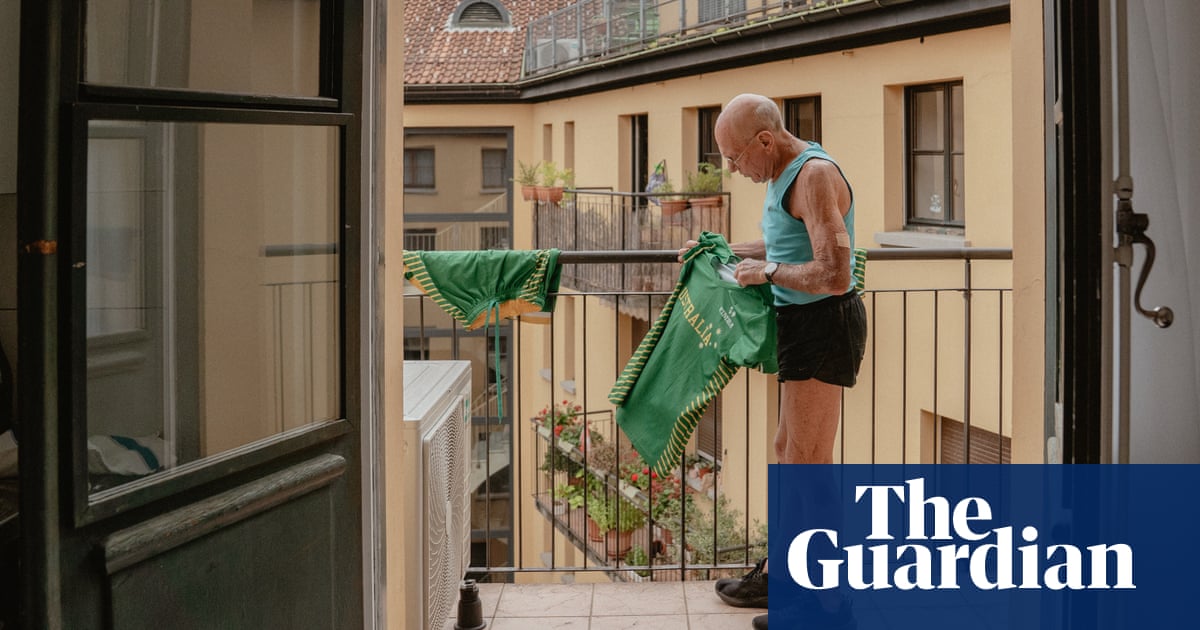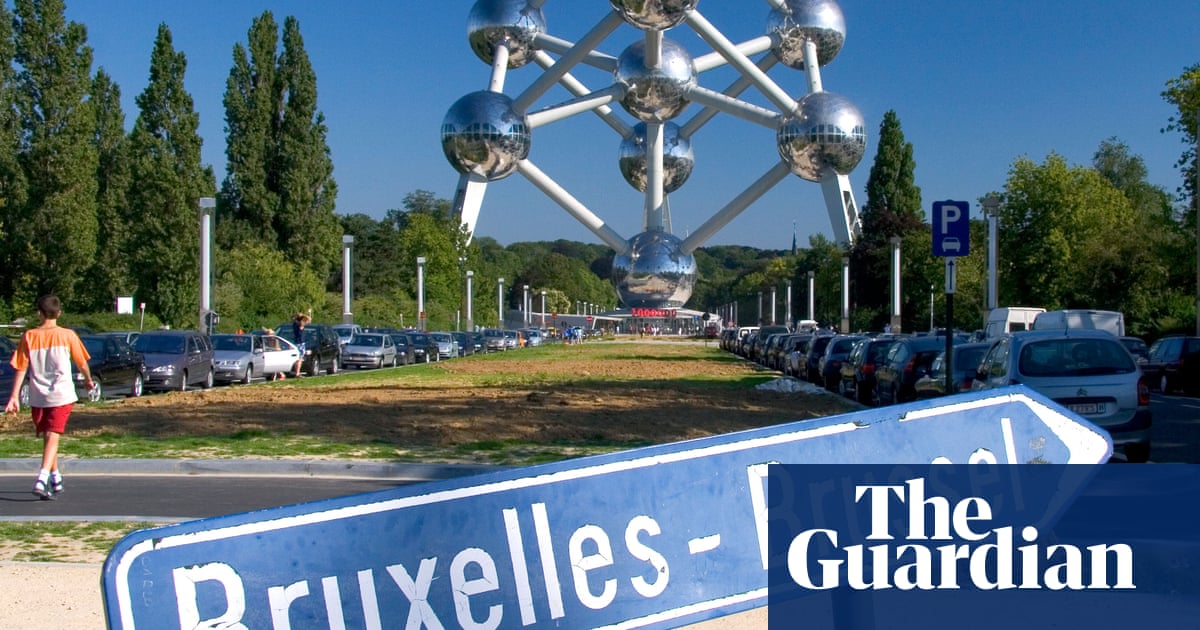Germany’s 16 states are locked in a fierce row over when they are able to take their summer school holidays, with the southernmost two accused of permanently hogging the best slots on the grounds that their children are required to help bring in the harvest.
Bavaria and Baden-Württemberg are resisting calls from the other 14 federal states to join the long-held national rotation system of school summer holidays that the other states take part in.
The southernmost states enjoy a fixed holiday period every year, typically from around the end of July or beginning of August until mid-September. It is the last possible and most favoured holiday slot.
The other states, by contrast, are forced to “share out” the school holidays, under a rotation system in which some break up as early as June and return to school at the start of August. The system was introduced in 1964 to help reduce holiday congestion on road and rail and at airports, as well as to ensure the domestic tourism industry can benefit from as long a season as possible. It is renegotiated every five years.
In the 1960s, many children in southern Germany were indeed needed to help to bring in the harvest. Even though state officials admit that this hardly applies any more, they are adamant they will not shift their holidays from this time slot.
Germany has about 255,000 farms of 5 hectares (12.3 acres) or more, the highest number being in Bavaria, followed by Baden-Württemberg. Children do still work on farms, but due to child protection laws, increased automation and a reduction in farming, the numbers who do so are thought to be small. Children are allowed to work on their family’s farm, but only for up to three hours a day and between the hours of 8am and 6pm.
Stiff resistance to the southerners’ holiday privileges has now been put up by Dorothee Feller, the education minister of North Rhine-Westphalia (NRW), Germany’s most populous state, which has the third largest number of farms, and which therefore, if it were still valid, could also use the so-called “harvest argument”.
“NRW would also enjoy having a later start to its holidays,” Feller, a Christian Democrat, said in an interview, touching on the fraught discussions currently under way in which she and the country’s other education ministers are planning the holiday schedule for the next five years.
Other states have also joined the fray, with Lower Saxony’s education minister calling the existing agreement “unsatisfactory” and Thuringia’s calling for a “modern, fair” system.
Attempts by Berlin and Hamburg several years ago to steer away from holidays starting in June were met with fierce criticism from the tourism lobby, which argued that the “narrowing of the holiday corridor” would have a considerable impact on Germany’s coastal resorts on the North and Baltic seas as well as other domestic holiday destinations such as the Black Forest. However, as only about 22% of Germans holiday domestically and 78% choose to go abroad, according to statistics, this argument has also lost weight.
after newsletter promotion
Bavaria’s state leader, Markus Söder of the Christian Social Union, has insisted that he would never accept a change to the status quo, describing the existing holiday dates as “tightly anchored in Bavaria’s culture”.
He said a shift was impossible, not least because it “made no sense” to have the pentecost spring half-term in mid-June, so close to the summer break.
He said: “We have our holiday rhythm, which is, so to speak, an integral part of Bavarians’ DNA.”

 11 hours ago
7
11 hours ago
7

















































